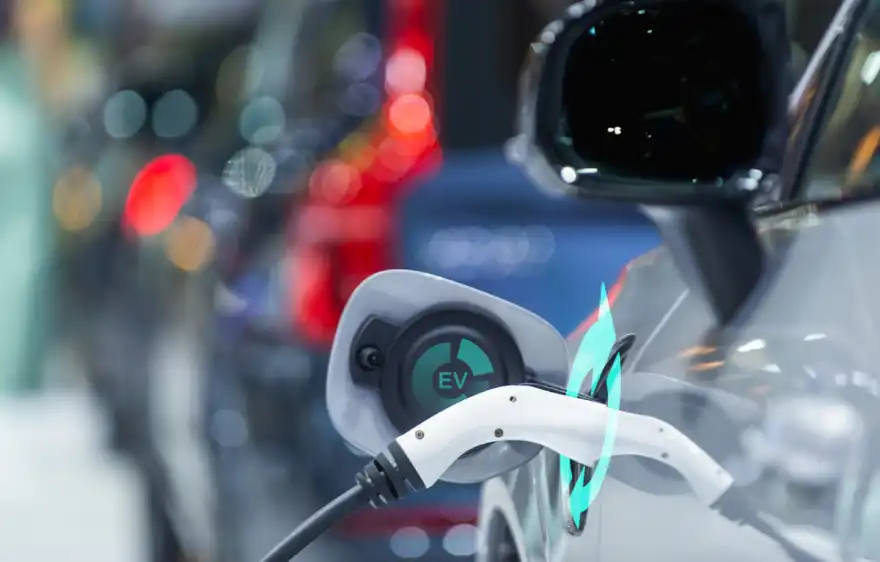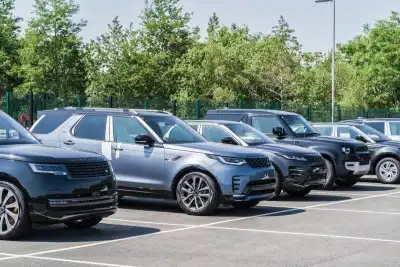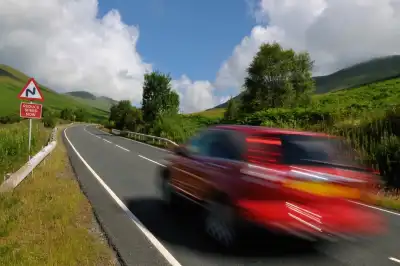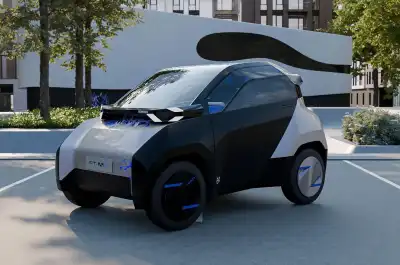
The government has officially kicked off its consultation on the ZEV (Zero Emission Vehicle) Mandate, which sets rules for how many zero-emission cars manufacturers must sell each year. But while big players in the car and EV charging industries are being asked for their input, everyday drivers are being left out once again.
Transport Secretary Heidi Alexander announced the consultation, which the Department for Transport (DfT) says will focus on “how to deliver the manifesto commitment to restore the 2030 phase-out date for new purely petrol and diesel cars and make the transition to zero-emissions vehicles a success”.
The DfT claims the consultation will provide "clarity" for car manufacturers and EV charging companies, giving them the confidence to invest. Industry leaders are being asked to weigh in on how the transition should work, what support consumers need to make the switch, and which hybrid vehicles should still be available between 2030 and 2035.
“Employing 152,000 people and adding £19 billion to our economy, the UK’s automotive industry is a huge asset to our nation — and the transition to electric is an unprecedented opportunity to attract investment, harness British innovation, and deliver growth for generations to come,” Alexander said. “Yet over the last few years, our automotive industry has been stifled by a lack of certainty and direction. This Government will change that.
“Drivers are already embracing EVs faster than ever, with one in four new cars sold in November electric. Today's measures will help us capitalise on the clean energy transition to support thousands of jobs, make the UK a clean energy superpower, and rebuild Britain".
Energy Secretary Ed Miliband added “Accelerating the transition to electric vehicles will drive forward our clean energy superpower mission and brings huge economic opportunities.
“It will help drivers access cars that are cheaper to run, cut air pollution in our cities and towns, back British manufacturers and provide highly skilled jobs in emerging industries.”
What do you think? Should drivers have a say in how the government handles this major shift?




